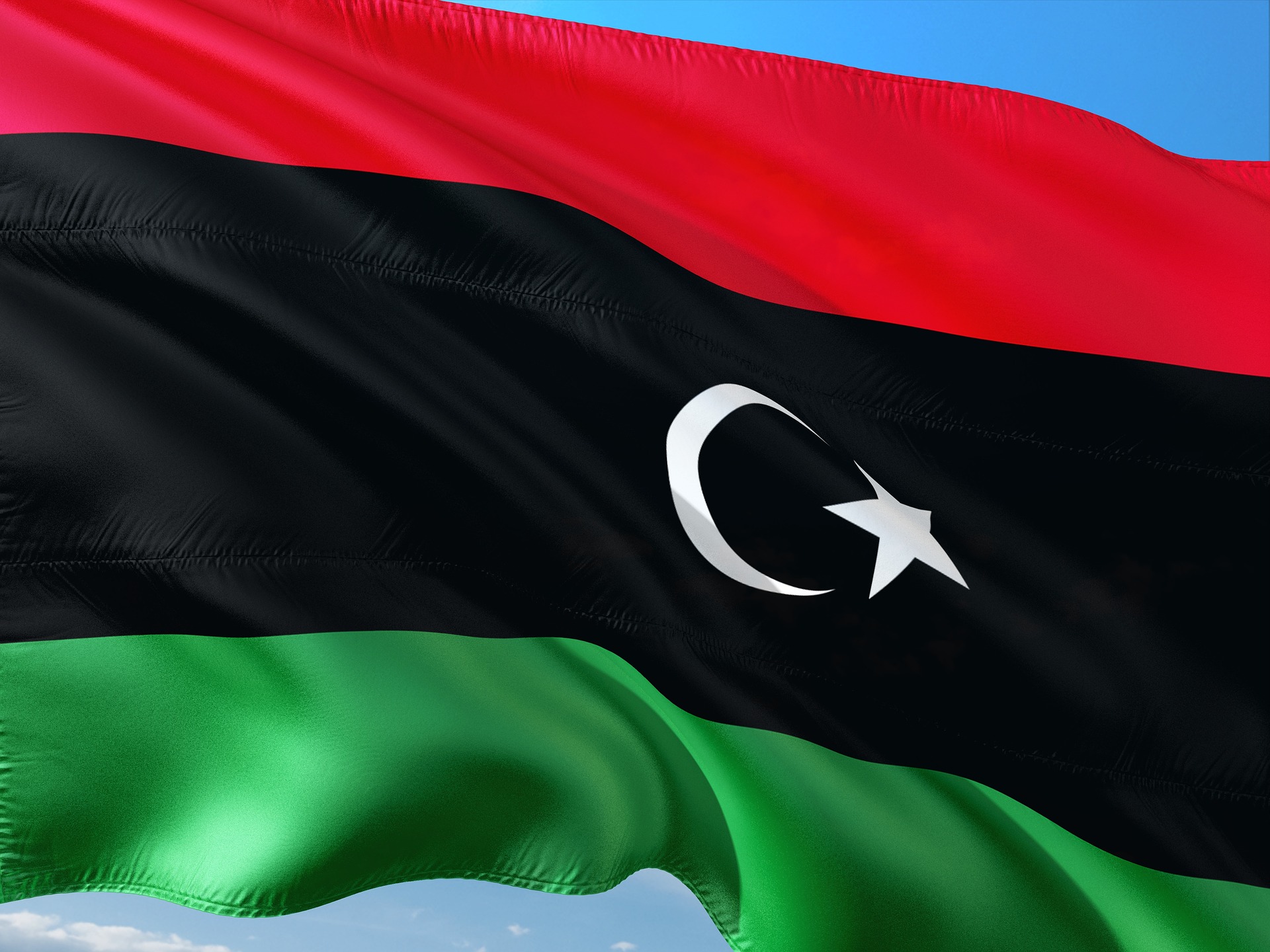
403
Sorry!!
Error! We're sorry, but the page you were looking for doesn't exist.
Troubled Libya continues oil production
(MENAFN) Libya has successfully restored its oil production to pre-crisis levels, according to the National Oil Corporation (NOC). The announcement, made on Thursday, follows a recent agreement between the country’s rival governments aimed at resolving longstanding tensions that had previously halted operations.
In a statement shared on Facebook, the NOC revealed that oil and crude output reached 1.217 million barrels per day (bpd) on Thursday, a notable increase from 1.158 million bpd the previous day. This surge in production is attributed to the heightened efforts of workers across various oilfields, following the lifting of restrictions on extraction and export activities.
The resolution of the crisis came after Libya’s eastern-based government and the NOC announced the reopening of all oilfields and export terminals. This agreement followed a dispute regarding the leadership of the Central Bank of Libya (CBL), which had escalated tensions in the resource-rich nation.
In August, tensions flared when the Tripoli-based government dismissed CBL Governor Sadiq al-Kabir without the consent of the rival government based in Benghazi. In response, the House of Representatives (HoR), Libya’s national parliament in Benghazi, enacted a blockade on oil drilling and export operations, significantly impacting the country’s oil output.
Prior to the blockade, Libya was producing approximately 1.3 million barrels per day, with major oilfields such as Sharara, El Feel, and Essider being particularly affected by the disruptions in operations.
Following extensive negotiations facilitated by the United Nations Support Mission in Libya (UNSMIL), the conflicting factions reached an agreement last month to jointly appoint new leadership for the Central Bank, paving the way for the resumption of oil production.
This development not only marks a crucial step toward stabilizing Libya's economy but also highlights the ongoing complexities of its political landscape, where power struggles continue to influence the nation’s vital oil sector. As production ramps up, the potential for increased revenue could play a significant role in addressing the economic challenges faced by the North African nation.
In a statement shared on Facebook, the NOC revealed that oil and crude output reached 1.217 million barrels per day (bpd) on Thursday, a notable increase from 1.158 million bpd the previous day. This surge in production is attributed to the heightened efforts of workers across various oilfields, following the lifting of restrictions on extraction and export activities.
The resolution of the crisis came after Libya’s eastern-based government and the NOC announced the reopening of all oilfields and export terminals. This agreement followed a dispute regarding the leadership of the Central Bank of Libya (CBL), which had escalated tensions in the resource-rich nation.
In August, tensions flared when the Tripoli-based government dismissed CBL Governor Sadiq al-Kabir without the consent of the rival government based in Benghazi. In response, the House of Representatives (HoR), Libya’s national parliament in Benghazi, enacted a blockade on oil drilling and export operations, significantly impacting the country’s oil output.
Prior to the blockade, Libya was producing approximately 1.3 million barrels per day, with major oilfields such as Sharara, El Feel, and Essider being particularly affected by the disruptions in operations.
Following extensive negotiations facilitated by the United Nations Support Mission in Libya (UNSMIL), the conflicting factions reached an agreement last month to jointly appoint new leadership for the Central Bank, paving the way for the resumption of oil production.
This development not only marks a crucial step toward stabilizing Libya's economy but also highlights the ongoing complexities of its political landscape, where power struggles continue to influence the nation’s vital oil sector. As production ramps up, the potential for increased revenue could play a significant role in addressing the economic challenges faced by the North African nation.

Legal Disclaimer:
MENAFN provides the
information “as is” without warranty of any kind. We do not accept
any responsibility or liability for the accuracy, content, images,
videos, licenses, completeness, legality, or reliability of the information
contained in this article. If you have any complaints or copyright
issues related to this article, kindly contact the provider above.


















Comments
No comment